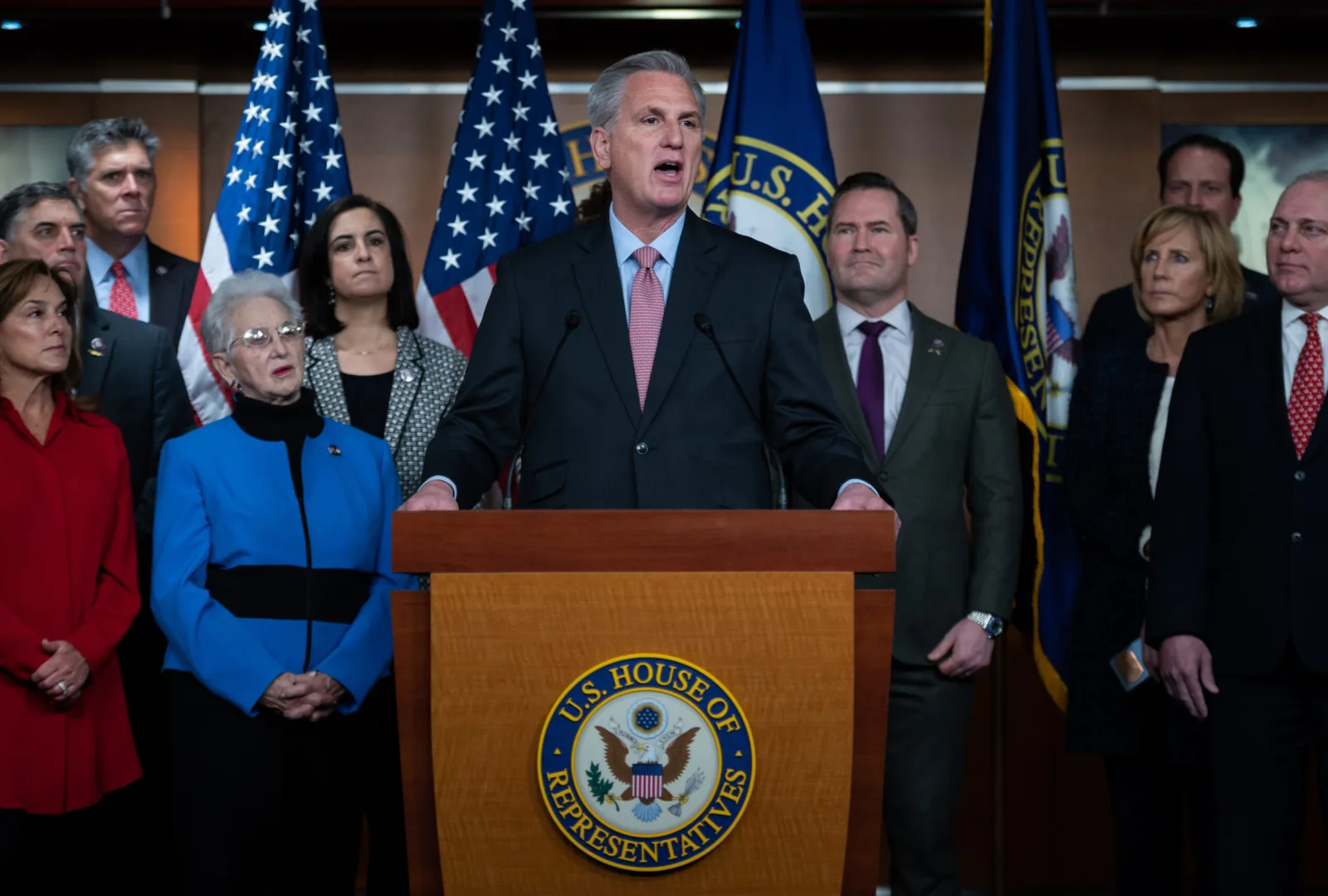The Hot Election Take: How Will Midterm Outcomes Affect U.S. Policy on Russia’s Invasion of Ukraine?
After Tuesday’s midterm vote, control of both chambers of Congress remains undetermined, though Republicans are favored to narrowly take the House. In any case, there is likely to be a shift in Congressional power dynamics in Washington. What impact will that have on U.S. foreign policy, in particular on U.S. military support and aid to Ukraine, as well as the risk of direct confrontation with Russia? Will a stronger GOP hand mean more resistance to the U.S. current approach to Russia’s invasion of Ukraine or will the current bipartisan consensus hold? Some GOP lawmakers oppose funding the war, but will they support direct talks with Russia to de-escalate tensions, too, despite the Republican leadership’s position? What does a post-midterm landscape look like for restraint in U.S. foreign policy? QI has assembled a panel of seasoned conservative political analysts for this timely post-election coverage, tackling these and other questions involving U.S. foreign policy today. Join a discussion featuring George Beebe, Grand Strategy Director at the Quincy Institute for Responsible Statecraft; Jacob Heilbrunn, Editor of The National Interest; and Rachel Bovard, Senior Director of Policy for the Conservative Partnership Institute. QI’s Kelley Beaucar Vlahos will moderate.
Program
Panelists

George Beebe
George Beebe is Director of Grand Strategy at the Quincy Institute. He spent more than two decades in government as an intelligence analyst, diplomat, and policy advisor, including as director of the CIA’s Russia analysis and as a staff advisor on Russia matters to Vice President Cheney. His book, The Russia Trap: How Our Shadow War with Russia Could Spiral into Nuclear Catastrophe (2019), warned how the United States and Russia could stumble into a dangerous military confrontation.

Rachel Bovard
Rachel Bovard is Senior Director of Policy for the Conservative Partnership Institute in Washington. Beginning in 2006, she served in both the House and Senate in various roles including as legislative director for Senator Rand Paul. She went on to serve as policy director for the Senate Steering Committee under the successive chairmanships of Senator Pat Toomey and Senator Mike Lee. In the House, she worked as senior legislative assistant to Congressman Donald Manzullo and Congressman Ted Poe. She also served as director of policy services for The Heritage Foundation. Rachel serves on USA Today’s Board of Contributors, and is also the senior tech columnist for The Federalist. She is co-author, with Sen. Jim DeMint, Conservative: Knowing What To Keep.

Jacob Heilbrunn
Jacob Heilbrunn is the editor of The National Interest.. Previously, he was a senior editor at the New Republic and an editorial writer for the Los Angeles Times. He has written on both foreign and domestic issues for numerous publications including The New York Times, Washington Post, Wall Street Journal, Financial Times, Foreign Affairs, Reuters, Washington Monthly, and Weekly Standard. He has also written for German publications such as Cicero, the Frankfurter Allgemeine Zeitung, and Der Tagesspiegel.

Kelley Beaucar Vlahos (Moderator)
Kelley Beaucar Vlahos is a senior advisor at the Quincy Institute and editorial director of its online magazine, Responsible Statecraft. Previously she served as executive editor, managing editor, and longtime foreign policy/national security writer at The American Conservative magazine. She also spent 15 years as an online political reporter at Fox News.
